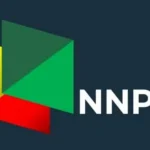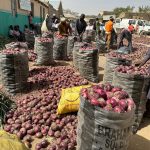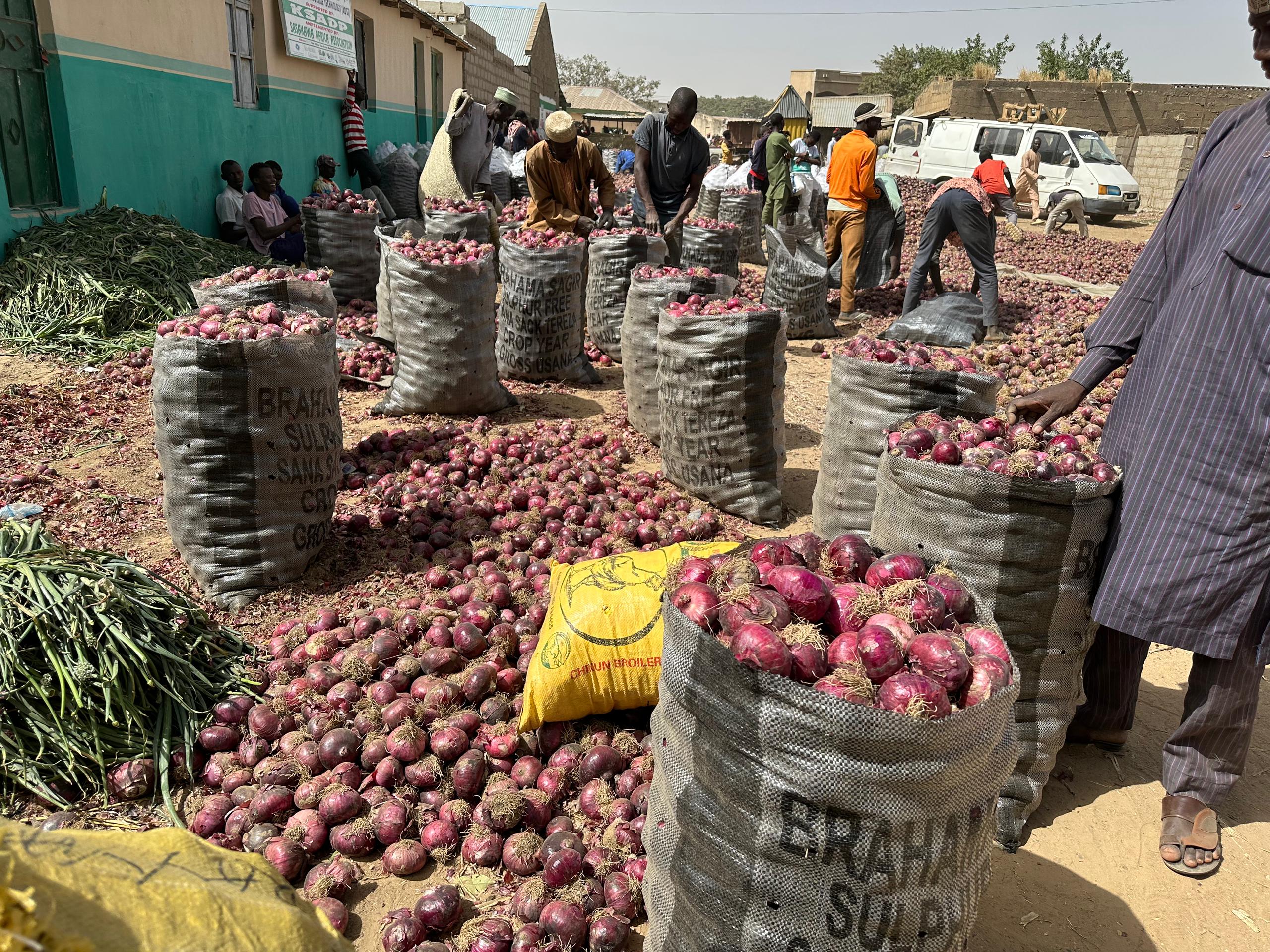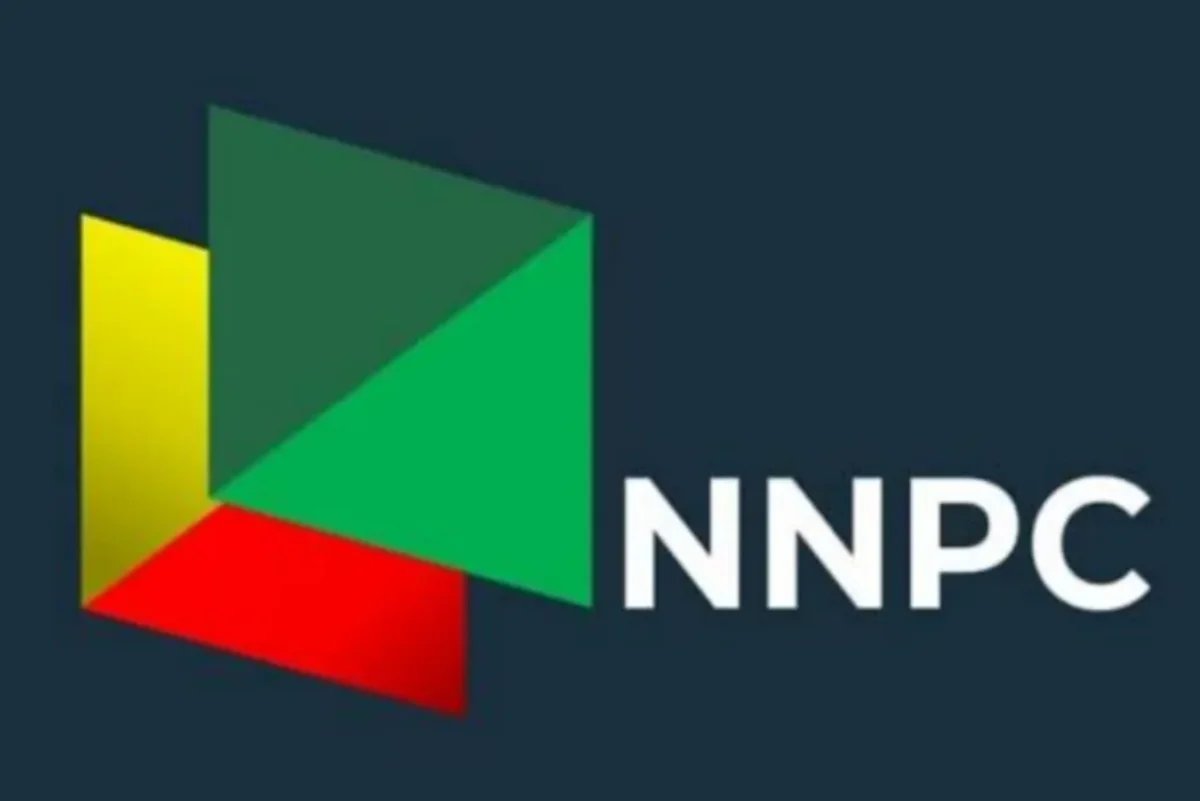….. INITIATIVE TO SAVE N30.5 TRILLION
One of the major factors said to be responsible for the scarcity of food in Nigeria is the losses incurred after harvest. Over the years it has been either ignored or treated with levity. One embarrassing development is that it took foreign agencies to emphasise this problem severally, as if the authorities in the country are not aware of the challenges. Now, there seems to be an attempt by the federal government to address the issue.
To this end, the government has launched the Post-harvest Systems Transformation Program (NiPHaST), a multibillion-naira initiative designed to cut massive food losses, stabilize prices, and strengthen farmer livelihoods. At home, the authorities did it in a low profile manner, hardly making it public. But at an international forum, where there was the need to speak about efforts to battle food insecurity and agriculture challenges, the government shared with other countries the steps it has taken in this direction.
So, it unveiled the programme in Dakar, Senegal, during the Nigeria Legacy Program at the Africa Food Systems Forum, organised in partnership with the Alliance for a Green Revolution in Africa (AGRA).
While stating efforts by the government, the Minister of Agriculture and Food Security, Senator Abubakar Kyari, said Nigeria loses an estimated ₦3.5tn annually to post-harvest inefficiencies, with smallholder farmers worst affected.
“This is not just produce going to waste, it is opportunity lost and livelihoods destroyed,” he stressed.
To address this problem, therefore, NiPHaST will focus on household storage technologies, community-managed warehouses, cold rooms, and modern silos built through public–private partnerships.
These interventions, according to the minister, will help reduce waste, stabilize food prices, attract investment, and secure food sovereignty.
Kyari also emphasised the need for stronger international collaboration, arguing that transforming post-harvest systems will not only secure farmer incomes but also boost agribusiness confidence and position Nigeria as West Africa’s leading food supplier.
The Dakar event drew wide participation from high-level stakeholders, including Jigawa State Governor Mal. Umar Namadi, the Minister of Livestock Development, Alhaji Idi Muktar Maiha, Dr. Kingsley Uzoma, Senior Special Assistant to the President on Agribusiness, Mohammed Abu Ibrahim, Executive Secretary of the National Agricultural Development Fund (NADF), and Arc. Kabir Ibrahim, President of the All Farmers Association of Nigeria (NABG).
Stakeholders at the forum expressed support for NiPHaST, noting that its success would significantly strengthen Nigeria’s agricultural value chain, uplift smallholders, and align with Africa’s broader food security ambitions.












